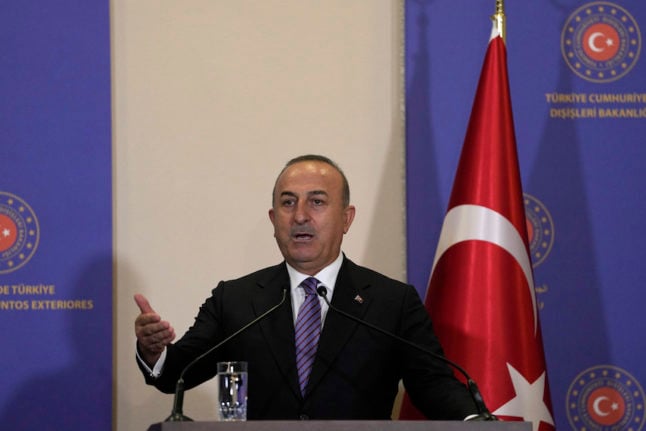Migration Board statistics show a surfeit of Thai workers in particular since the workforce migration law took effect on December 15th 2008. Workers from the Asian country accounted for 6,000 of the 14,000 non-European labour migrants granted permits, with the vast majority heading for the counties of Jämtland, Norrbotten and Västerbotten in the north and Kalmar in the south in order to pick berries.
IT savvy Indians are also heavily represented in the figures, with some 2,000 making their way to Sweden to take up jobs, primarily in the larger cities.
The new law stipulates that individual employers rather than the Swedish Public Employment Service (Arbetsförmedlingen) should decide whether there is a need to recruit foreign workers.
The terms of employment must be equal to or better than those set out in Swedish collective bargaining agreements or what passes for standard practice in a particular industry.
The Migration Board had originally been expecting a much higher take-up rate, but the global economic slowdown put the brakes on demand. However, the agency’s deputy director-general Christina Werner remains optimistic that Sweden will benefit from the new law.
“The economy will turn at some point and it feels like we’re very well equipped when a larger proportion of people start applying,” she said.
For Sweden to be attractive to non-European labour migrants, Christina Werner cites the importance of a well-oiled system and “that we don’t make demands on salaries and education; the market’s needs should be the decisive factor.”
“Sweden may not have the same attraction as England. We have a strange language, it’s cold and miserable and dark for half the year, but I still believe Sweden is quite an interesting country for a lot of people,” said Werner.
Migration Minister Tobias Billström was upbeat about Sweden’s ability to attract 14,000 labour force migrants in a tough financial year, with the steady flow of Indian IT experts a particular source of pleasure.
“One can only imagine the influence they are going to have on Swedish industrial products, plus there is a strengthening of networks between Sweden and India, one of the world’s most expansive economies,” said Billström.
The minister said he was concerned about the future of the Swedish labour market, stressing that it would be difficult for Sweden to bring in enough skilled workers to meet demand.
“Sweden as a country is not that well known in the world,” he said.
But the Swedish Trade Union Confederation (LO) remains unimpressed, claiming the Migration Board’s figures point to business as usual rather than a radical revamp of the labour market.
“Even before this government there were around 15,000 to 20,000 permits a year,” said confederation economist Monika Arvidsson.
Furthermore, when broken down by nationality and the respective proportions of blue-collar and white-collar workers hired, the new system appeared to retain the status quo.
Arvidsson added however that it was premature to begin a serious evaluation of the legislative change.
But LO remained concerned about how migrant workers were treated under the new system, which the confederation said did not afford them sufficient rights and protections.
“It’s not like the Swedish labour market was previously a hermetically sealed system. It was just as accessible, but the conditions have now changed so that employers benefit at the cost of the migrant worker,” said Arvidsson.



 Please whitelist us to continue reading.
Please whitelist us to continue reading.
Member comments